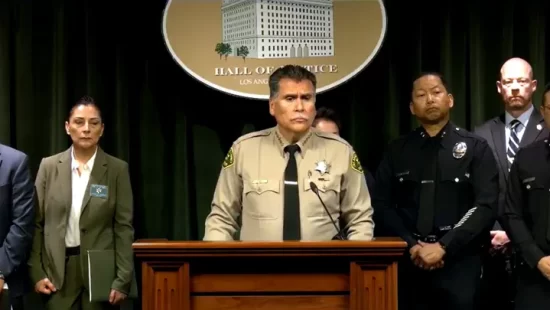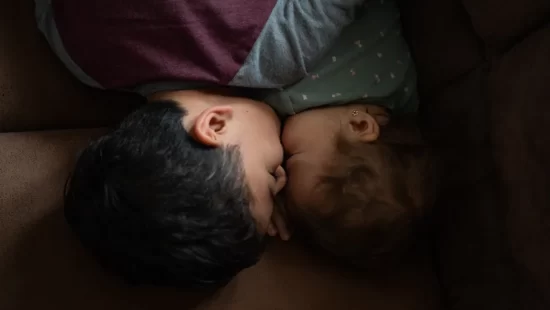One of the most vulnerable groups of migrants are those transiting through Mexico.
Previously, Central American, Caribbean, and South American migrants used Mexico as a bridge to reach the United States. With the arrival of Donald Trump, that option has ended. Many of these migrants are arrested in Mexico and sent back to their countries; others find informal work in the country, and others have a harder time. They fall under the control of cartels and are prostituted, killed, or enslaved.
Mexico is not an option for migrants either.
In 2024, Mexico recorded a 266% increase in detentions of irregular migrants, rising from 97,516 in 2023 to 356,988.
During the first four months of 2025, 88,737 apprehensions were recorded, with South American migrants, especially Venezuelans, Colombians, and Ecuadorians, being the most affected.
This increase coincides with the deployment of 10,000 National Guard and Army personnel to the Mexican borders.
Experts and human rights organizations warn that this tightening of immigration policy results in serious violations of the rights of people on the move.
Documented cases include murders of migrants at the hands of federal forces and acts of repression.
The Universidad Iberoamericana points out that the increasing militarization of the National Migration Institute has led to arbitrary detentions and an environment of violence without effective accountability mechanisms.
Analysts such as Tonatiuh Guillén and Javier Urbano argue that Mexico has aligned its immigration policy with the interests of the US, particularly under the influence of President Trump.
This subordination, they assert, turns Mexico into a barrier and forces it to respond to external pressures through mass detentions, affecting thousands of people who travel in search of better living conditions.
Furthermore, organizations such as the Miguel Agustín Pro Juárez Human Rights Center have denounced that the immigration containment strategy not only criminalizes people on the move, but also exposes them to conditions of extreme vulnerability.
The lack of oversight over the actions of military forces and immigration agents has led to systematic abuses, forced displacement within the country, and detentions in precarious conditions. This situation has raised alarm bells in civil society, which is demanding a more humane approach that respects fundamental rights in migration management.








